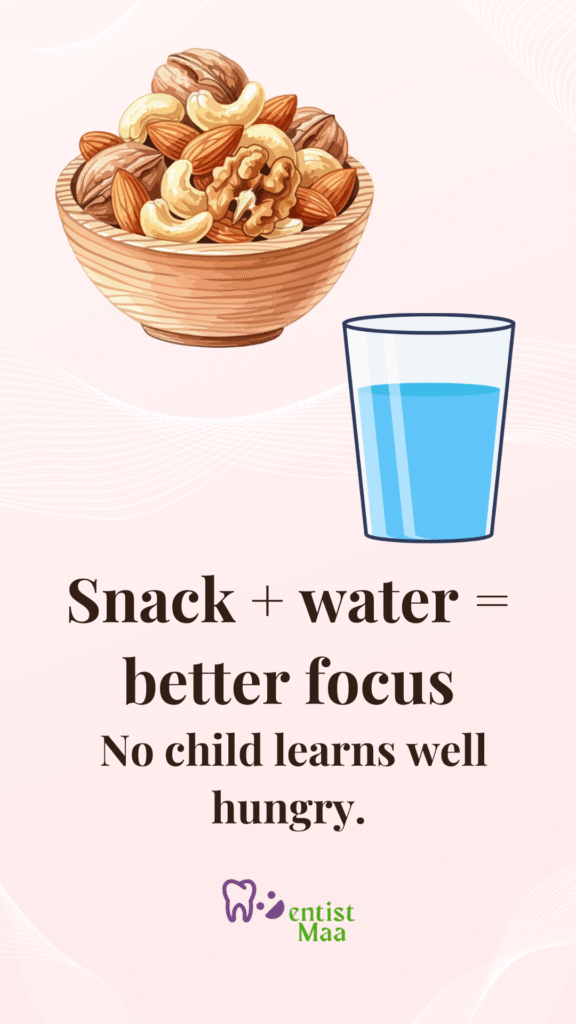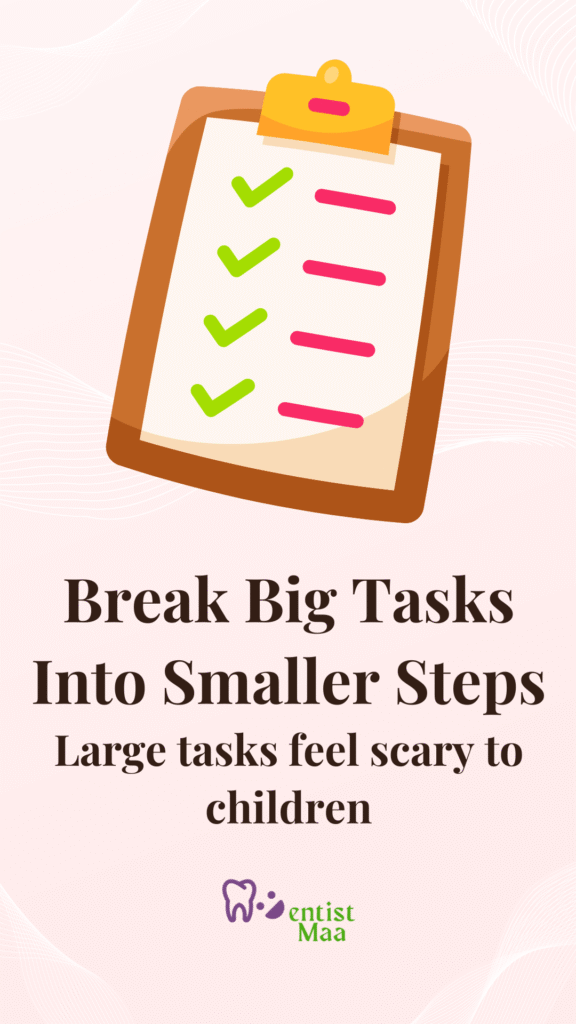Homework time can easily become the most stressful hour of the day. Tears, frustration, arguments, and endless delays, most parents face the same battle.
But here’s the good news: with a few simple changes, homework time can transform from chaos to calm. No need to shout, run behind them, or request them again and again. Following these 11 powerful techniques can help them do their homework without any tantrums.
This guide shares 11 powerful, parent-tested strategies that make homework time peaceful, productive, and stress-free, for both you and your child.
Let’s dive in.
Powerful Homework Time Strategies
1. Set a Predictable Homework Time (Kids Thrive on Routine)
Children feel more in control when they know what happens and when. A fixed homework time creates mental readiness and reduces resistance. The child will be prepared at the set time and will not fight back on not doing it or saying, “5 more minutes and then I will do my homework.” Because the child understands that it is time.
Why it works:
- Less bargaining as the time is fixed
- Fewer meltdowns
- Better focus and emotional stability
Pro Tip:
Choose a time when your child is naturally calm. Most kids are active after taking a nap after school and having something to eat.

2. Build a Dedicated Homework Corner
A calm environment = A calm child
Your homework corner should be:
✔ Quiet
✔ Uncluttered
✔ Well-lit
✔ Away from toys and TV
✔ Stocked with basic stationery
When the study spot is always the same, your child’s brain associates it with focus. And when it is clean and organised, it becomes a place where the child will want to spend time. Keep it simple but neat.

3. Use the 20–5 Focus Rhythm
This simple rhythm helps kids stay attentive: 20 minutes of focus → 5 minutes of break
The brain is focused more when you give it a small break of 5 minutes. The child will feel refreshed and more active to focus for the next 20 minutes.
This method works beautifully for:
- Slow writers
- Easily distracted kids
- Anxious learners
- Kids who get overwhelmed by big tasks
Break ideas: stretching, sipping water, quick walk, deep breaths (avoid screens in these 5 minutes)

4. Sit “Near Them,” Not “On Them”
Children often get irritated when parents hover. Instead, sit nearby doing your own work. It gives them confidence without pressure.
One of my friends recently told me that when she sits with her teenage son, she never uses her phone; instead, she reads a book while he finishes his homework. That is one of the best things you can do while helping your child with the homework.
Why this works:
- Reduces performance anxiety as you are not interfering
- Builds independence, as you are letting them do their work on their own. Of course, they can come to you for help whenever needed.
- Strengthens trust, as the child feels that you trust them with the homework. So, the child starts trusting himself/herself more, leading to better performance.

5. Fill Their Tummy First
A hungry child = A distracted child
When your glucose level is low, you just can not concentrate. So, never make your child sit empty stomach for homework. Remember when we were little, how our parents never used to let us go empty stomach for the exams. This is the same reason, and trust me, our parents were very smart people.
Give a small healthy snack before homework:
- Fruits
- Nuts
- Milk
- Simple sandwich
- Paneer cubes
Balanced energy = Better productivity

6. Start With the Easiest Subject
This builds early momentum and reduces early frustration. Once the easiest homework is done, the child gets a sense of confidence, and it gets easy for him/her to concentrate. So, get over with the easiest subject or the child’s favourite subject first.
Kids feel confident when they finish something quickly.

7. Give Clear, Short Instructions
Kids tune out when instructions are long. They will only understand half of what you said. Tell them clearly what has to be done and keep it short. You can give the second instruction once they are done with the first. And make sure to be polite.
Instead, say this one by one:
- “Read this paragraph.”
- “Solve the first three sums.”
- “Write only one page.”
Clarity prevents overwhelm.

8. Break Big Tasks Into Smaller Steps
Large tasks feel scary to children.
Example:
Instead of “Write your entire English homework,” break it into:
- Write the heading first
- Write the first answer now
- Do the grammar exercise next
- Read once again
This helps the child to focus on one thing at a time and not get overwhelmed. The results will be better. Slowly, as the child grows, they will be able to handle a little longer task easily.
Small wins = Higher motivation

9. Celebrate Effort, Not Perfection
Avoid: “Why did you make this mistake?”
Try: “I love how focused you were!” But you have to tell the child the mistake they made so that they can be even more focused the next time.
I always appreciate my child’s hard work, but I never sugarcoat it. If she makes a silly mistake because she was not concentrating in class, I make sure she understands that she needs to focus more. But if she does well, I always appreciate her results by telling her that it is the result of her hard work and the way she focused when a particular topic was being taught in the class.
Praise effort → builds a growth mindset → leads to better learning outcomes.

10. Keep Evenings Calm (No Overcrowded Timetables)
If evenings are packed with activities, your child will be exhausted by homework time. But, if your child doesn’t get much homework, I would say, enrol your child in an activity they love. Don’t force them with something they don’t want to do.
Balanced routines create peaceful study sessions. If you still want to enrol, look for an approachable class, which doesn’t take much time, and is something the child loves to do. Physical activity is important for the child.

11. End on a Positive Note
Once homework is done, do a small calming ritual:
- Sticker on a chart: This helps the child be motivated for the next day
- 2-minute cuddle: Always a good idea, whatever the case may be
- 5-minute fun talk: Increases bonding and trust
- Gratitude list: Brings positivity
This builds a positive association with learning.

Final Thoughts
Homework doesn’t have to be a battlefield. Small behavioural shifts create immense change. The best thing to do is to start early in a child’s life with these strategies. But if you have not started, now is the right time.
Start with just one or two tips from this guide, and watch your child:
✔ Become calmer
✔ Focus better
✔ Finish faster
✔ Feel more confident
And remember, a peaceful home fuels a peaceful mind.
To get free Homework tracker Printables, click the link below.




